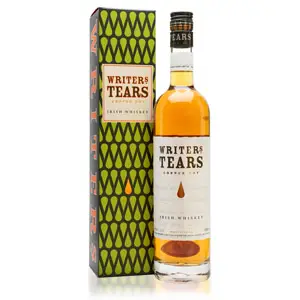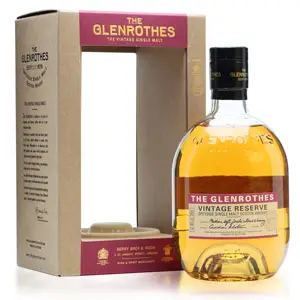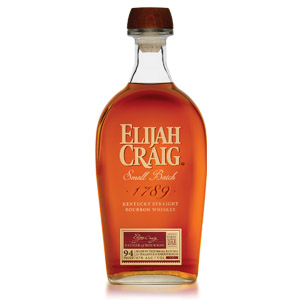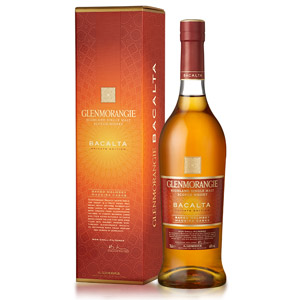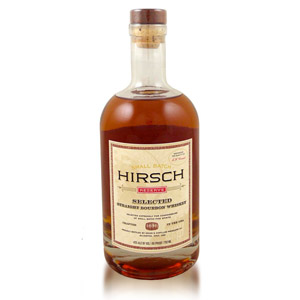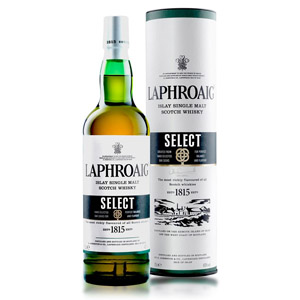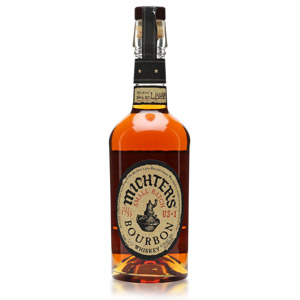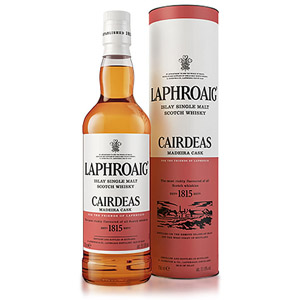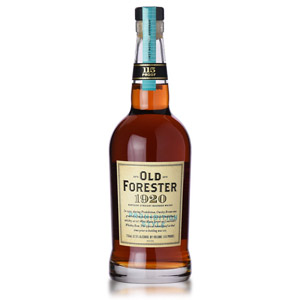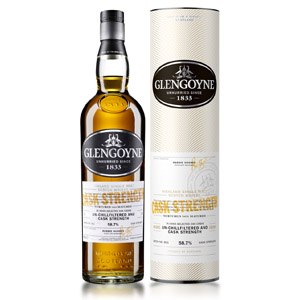Writers’ Tears Irish Whiskey
Produced by the same bottler (NOT distiller) who sells The Irishman blend, Walsh Whiskey Distillery Ltd., Writers’ Tears is a novel vatting of 40% triple-distilled Irish single-malt whiskey “probably” from Cooley (but the source is unknown), and 60% triple-distilled Irish single pot-still whiskey from Midleton, the only distiller of mature single pot-still whiskey — for now!. The vatting is aged for an undisclosed amount of time in ex-bourbon American oak casks and bottled without chill-filtration at 40% ABV.

